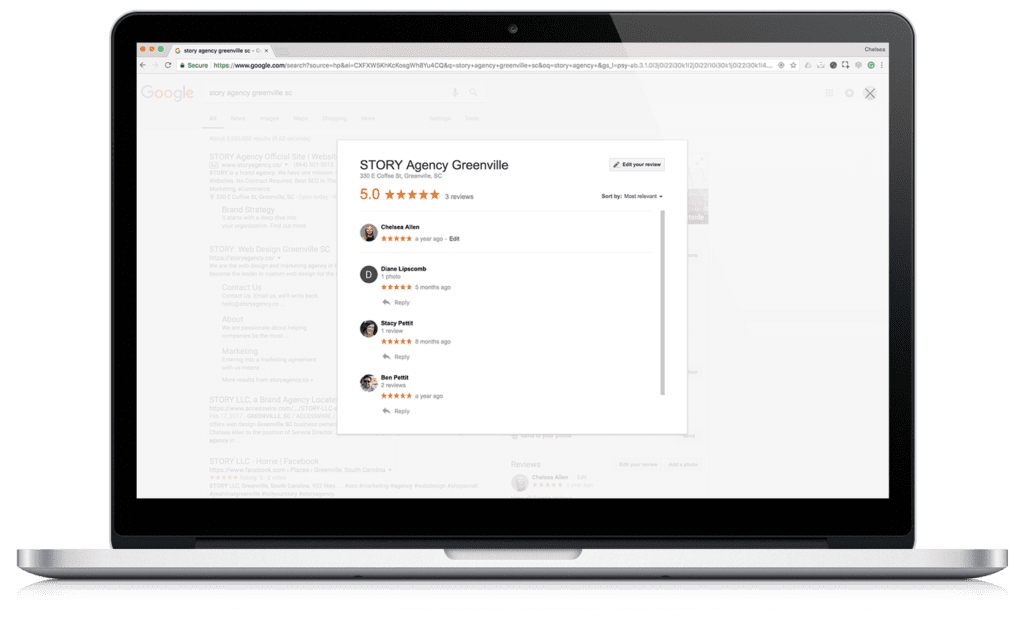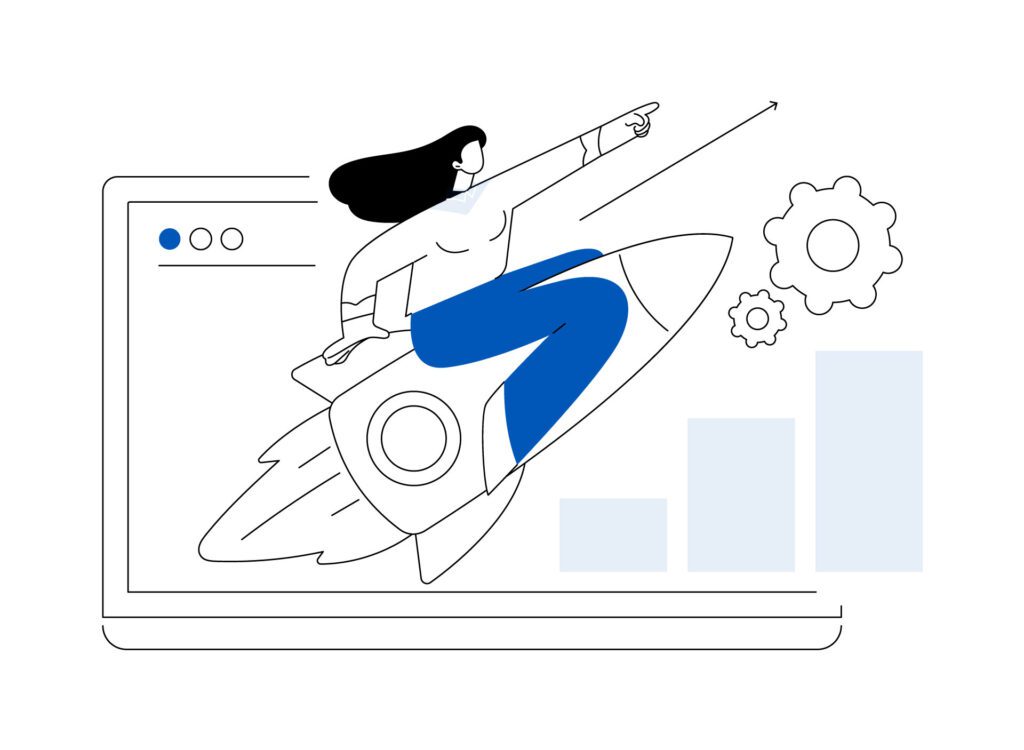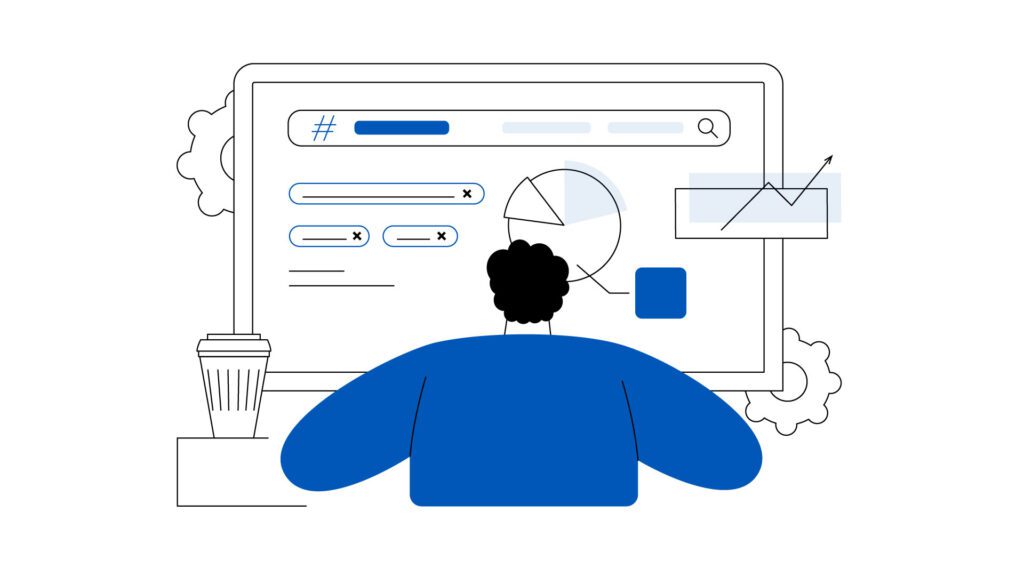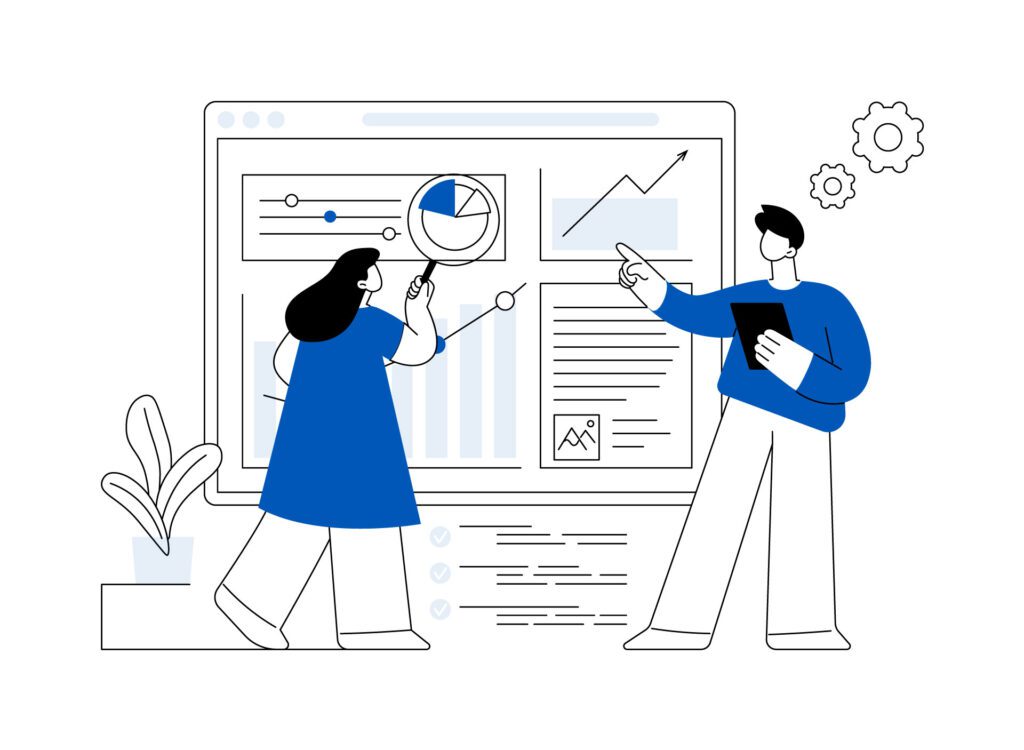Search Engine Optimization
Our SEO strategy will focus on getting your brand in front of qualified visitors. We will build the authority, relevancy, and trust of your website pages monthly and will increase the size and value of your online footprint.
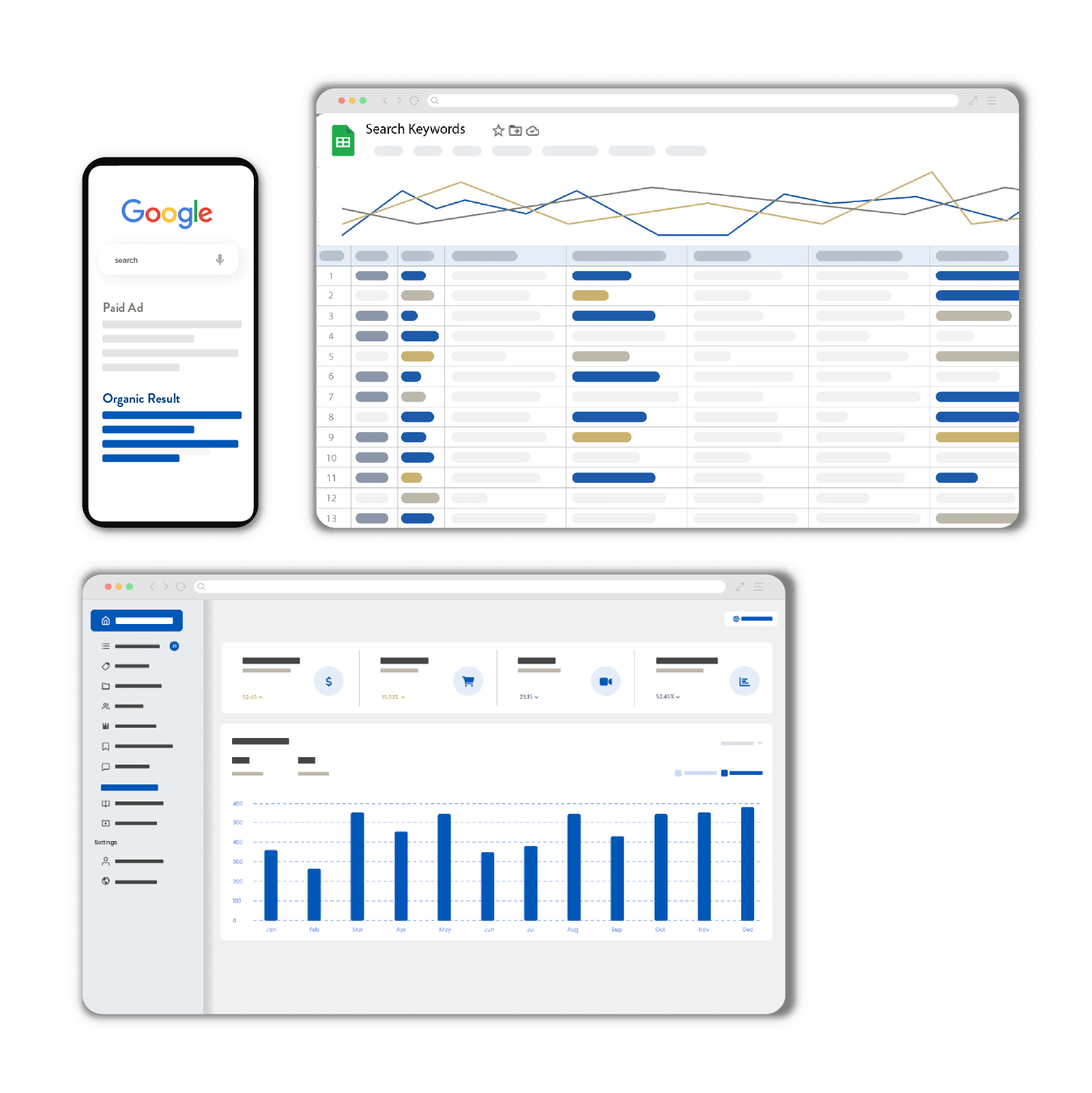
Are you ranking in search?
If you are not on the first page of search results, you’re not being found.
Search engine optimization commonly referred to as “SEO,” is one of the most important aspects of a digital marketing strategy.
Our goal is to make sure your on-page and off-site digital footprint appears as topically relevant to your customers’ search queries as much as possible.
Using the top SEO software to manage the entire process, we develop an extensive data-driven plan to rank your website for what’s essential and beat your competitors.
Strategies to beat your competition
SEO is a Long-Term Strategy but an Important Investment
eCommerce SEO
Increase traffic to your website, increase sales, and gain repeat customers with eCommerce SEO.
— Brand awareness
— Product optimization
— Ecommerce analytics
Technical SEO
Successful marketing begins with a strong foundation. Let’s get down to technicals here and make sure everything from your website structure to your images helps your rankings.
— Structure of site
— Image optimization
— Backlink Strategy
Local SEO
46% of all searches on Google having local intent. It’s time to dominate your local SEO.
— Local keyword research
— Landing pages
— Local citations
— Google My Business optimization
How we execute
your SEO
01.
Discovery
02.
Website Audit
03.
Keyword Research & Strategy
04.
On-Page Optimization
05.
Website Content
Understanding SEO
SEO is one of the most important aspects of a digital marketing strategy
How to Optimize Your Google Business Profile – 7 Tips
In today’s digital age, having a strong online presence is essential for…
SEO: Cost-Effective, Organic Traffic Generator
First, it’s important to understand that digital marketing is a way to…
SEO Builds Authoritative, Valuable Websites
First, it’s important to understand that SEO stands for Search Engine Optimization….
SEO is Crucial for Digital Marketing
SEO stands for Search Engine Optimization, and it refers to the process…
SEO Content Strategies: Utilizing the Hub and Spoke Model
The Hub and Spoke content model is a powerful SEO strategy to…
Why Your Search Rankings Fall Flat
Ever wonder how a website gets ranked on Google?? Or, at least…
I have a website. Why do I need a blog?
A website is a great tool to have, however while we believe it is the most important tool of your online marketing, it should not stand alone. Social media, and specifically a blog should be used in conjunction with your website.
What is Google Analytics?
Google Analytics can tell you most important things you want to know about how your visitors find you and how they interact with your website…
